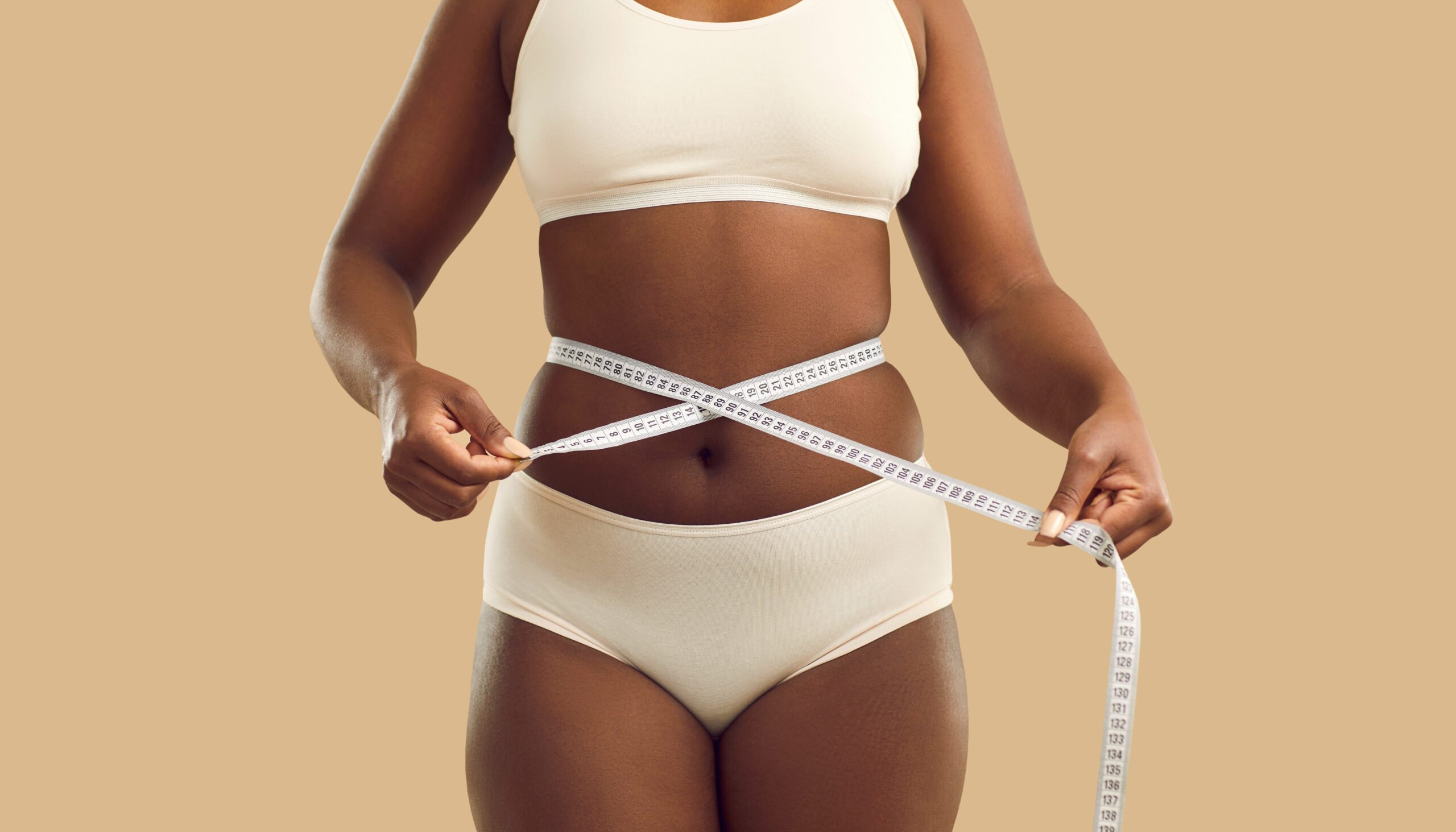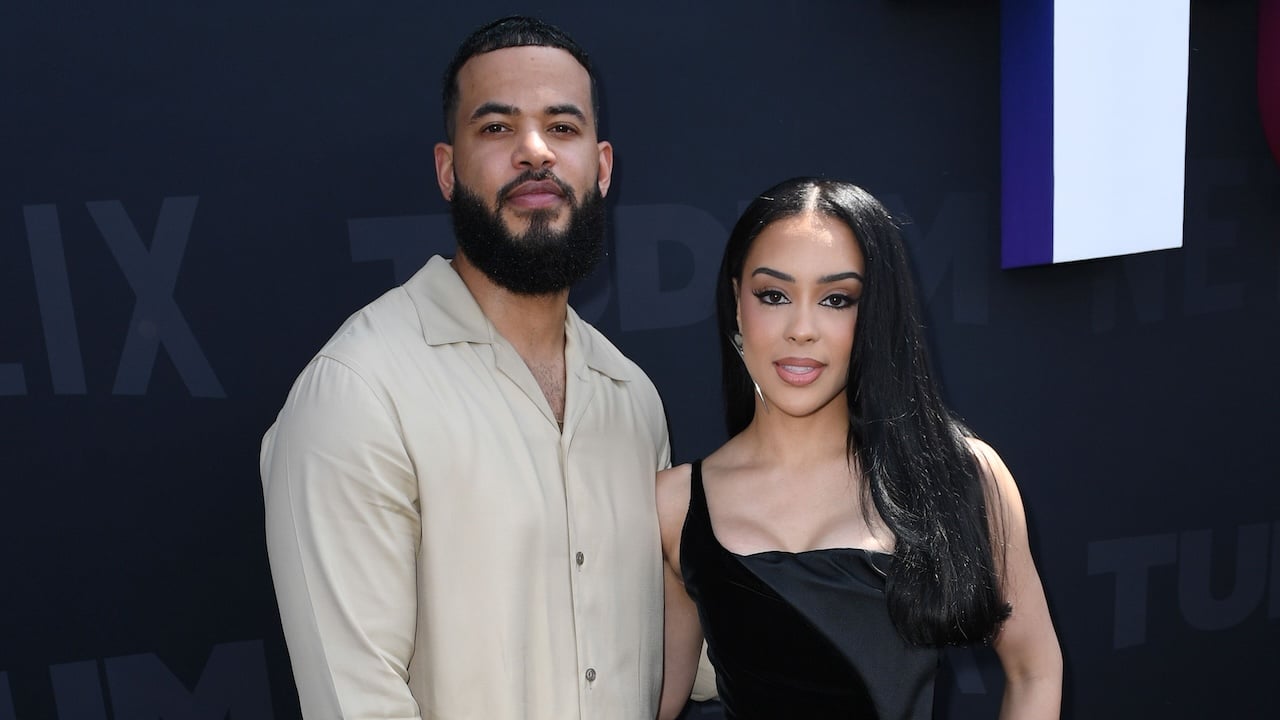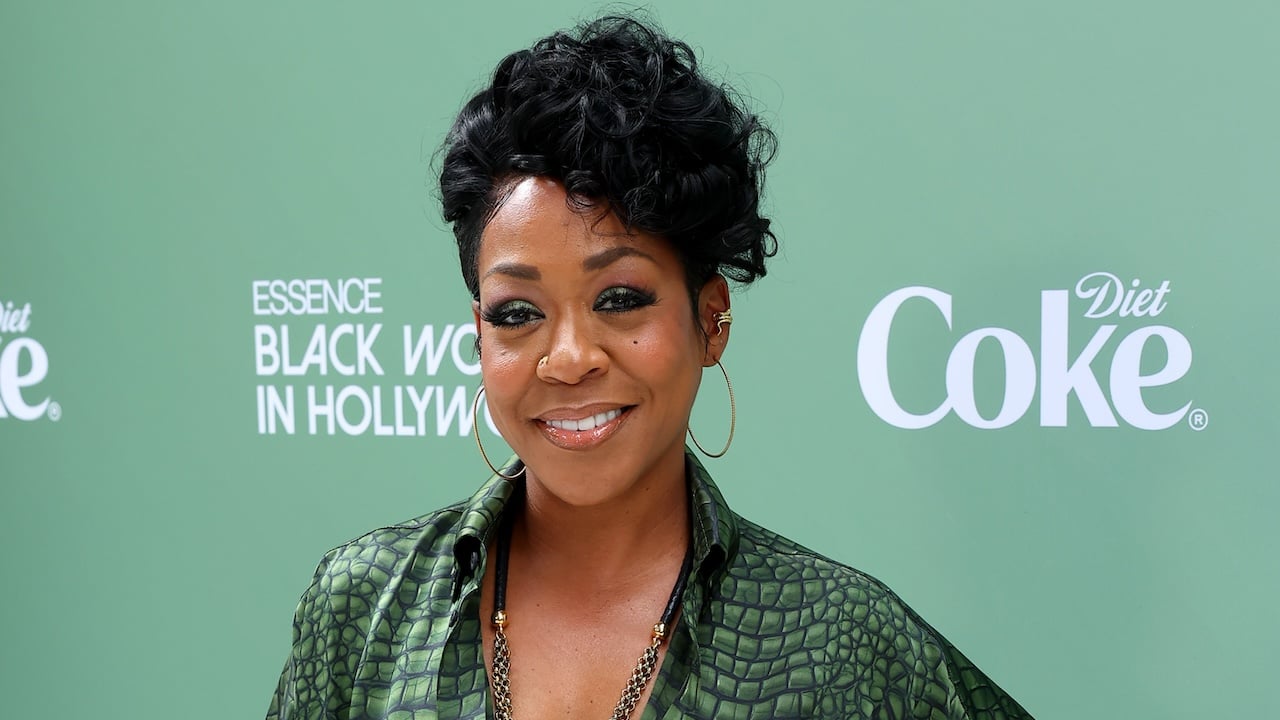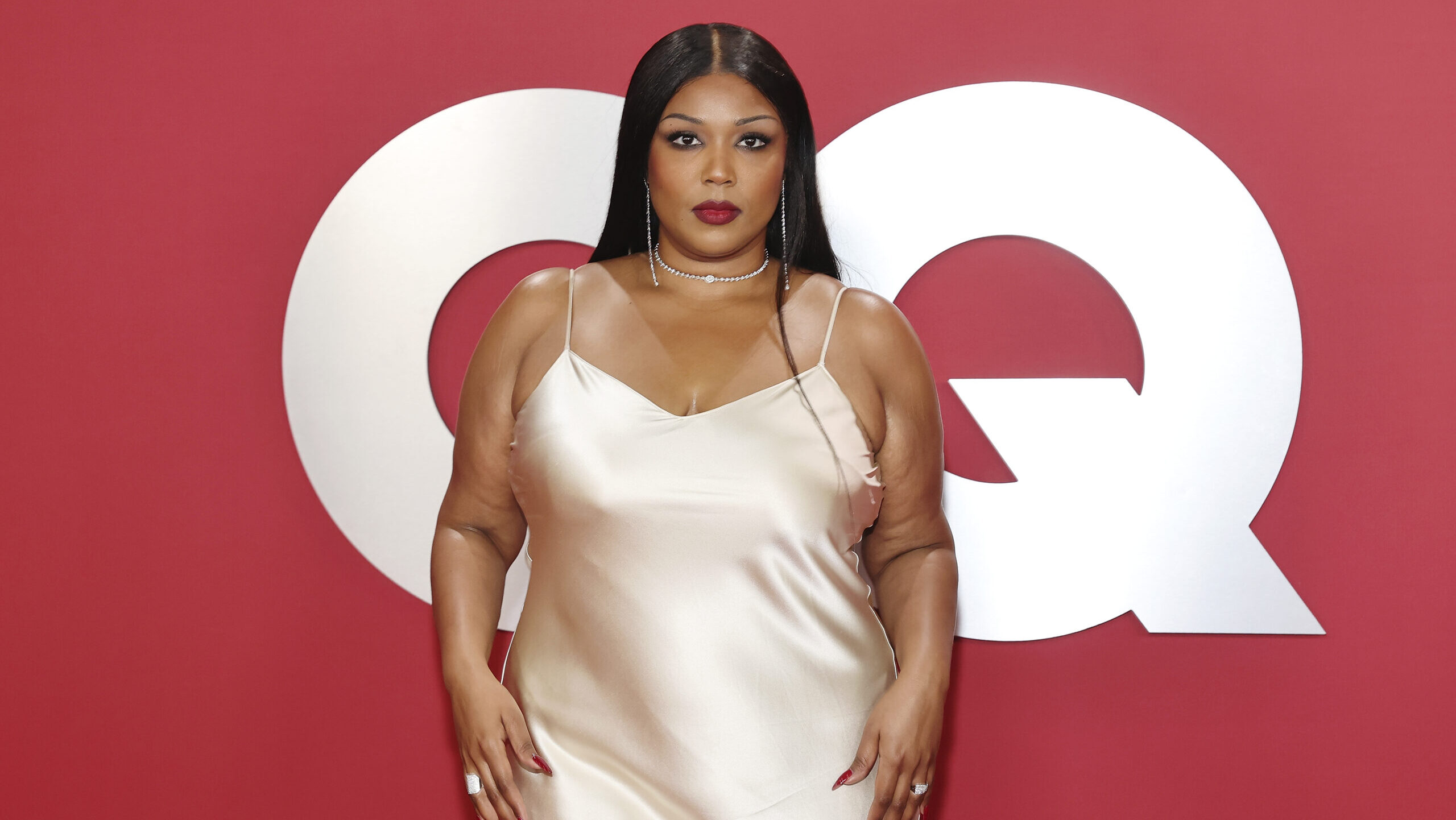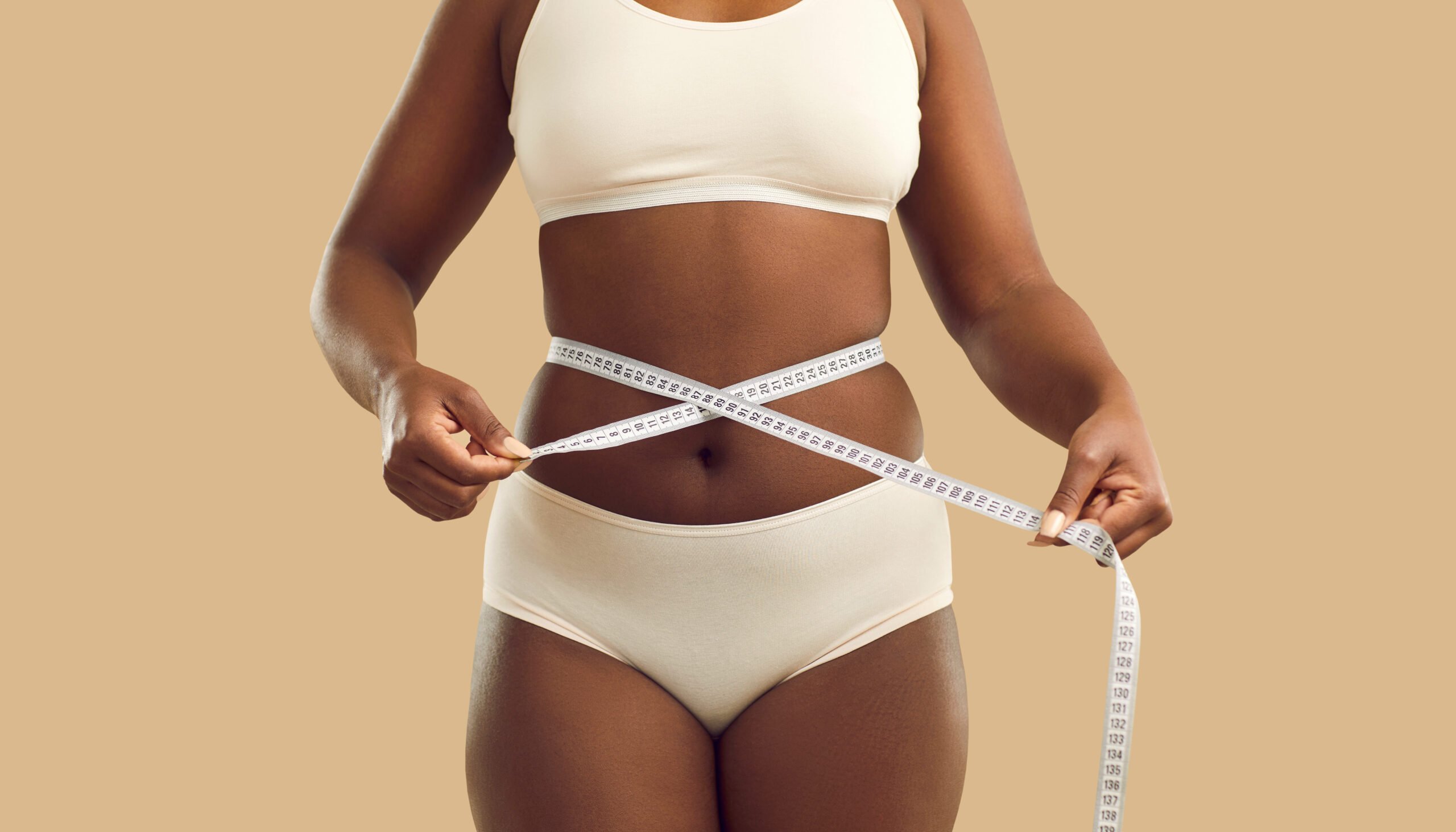
Before jumping to conclusions about Black women’s bodies, understand that many of us are out here silently battling conditions like PCOS, fibroids, and endometriosis, and more, with our concerns often dismissed, and oftentimes without the support we need.
Lately, a corner of the internet has been buzzing with conversations about Black women’s weight and perceived health. This latest debate was sparked by a TikTok video where a woman observed that men in their 40s and 50s often appear “in shape” at events, while women in their 20s and 30s seem “out of shape.” From there, the commentary and reflections took off; some folks approached the topic with thoughtfulness and nuance, others… not so much.
But here’s what rarely makes it into the viral discourse: more and more Black women are being diagnosed with hormonal and chronic conditions that both cause weight gain and make it stubbornly difficult to lose.
One of the most common culprits? Polycystic Ovary Syndrome (PCOS), a hormonal disorder affecting around 5 million reproductive-aged women in the U.S., according to the National Institutes of Health. PCOS occurs when the ovaries produce excess amounts of a hormone called androgens, creating hormonal imbalances that can lead to a wide range of symptoms: irregular periods, extended menstrual cycles, infertility, stubborn weight gain, excessive facial hair, and more. And while doctors still don’t fully understand its cause, one thing is clear: PCOS is severely under-researched and widely misunderstood. And despite historically being under-diagnosed, recent studies report PCOS’s climbing diagnostic rates, especially among young women.
According to The Resilient Sisterhood Project, Black women with PCOS are more likely to experience severe symptoms: insulin resistance, obesity, excessive facial hair, high blood pressure, abnormal cholesterol, and an increased risk for cardiovascular disease. And like so many aspects of health care, our symptoms are too often ignored or downplayed.
Sasha Ottey, founder of PCOS Challenge, shared her experience on the “Therapy for Black Girls” podcast:
“[My doctor] told me not to worry about not having my periods, because plenty of women would love to not have their periods. For me, that felt really dismissive. That was my major concern for presenting to her, and it wasn’t at all helpful to me,” Ottey recalled. “She also then referred me to see an endocrinologist, and when I went to see him, he told me to come back to see him in six months after I’ve lost weight, without giving me any tools, any supports, any guidance.”
And this kind of neglect isn’t isolated. A woman surveyed by The Cut described how every visit to the doctor turns into a lecture about weight loss:
“Every time I go to a general practitioner for anything, they tell me to lose weight. I could starve myself and I still wouldn’t lose it. Doctors tell me to calorie count and exercise, but my body is working against me, and it’s demoralizing.”
As Ottey noted: “PCOS and obesity goes hand in hand for a lot of people. It’s not really well understood or as understood as it should be why fat behaves differently in someone with PCOS and someone without PCOS.”
So while some of these online debates may be intended to spark healthier habits, too often they reinforce harmful narratives that Black women have simply “let themselves go.” That we don’t care for ourselves. That our weight is solely a matter of discipline or vanity.
But the truth is: many of us are already fighting through pain, bloating, fatigue, hormonal changes, and a health care system that won’t listen. Conditions like PCOS, fibroids, and endometriosis often come with body-altering symptoms, and yet we’re still expected to show up polished and put-together.
The constant policing of Black women’s bodies is exhausting, invasive, and often flat-out cruel. We come in all shapes and sizes, and we all deserve to be met with care, not critique. Yes, Black women should care about their health and consciously implement better lifestyle choices through diet and exercise. But just because a woman does not match your perception of what “healthy” looks like doesn’t mean she is unhealthy.
Ultimately, before you comment, question, or critique a Black woman’s physique and health, consider what she might be carrying.


